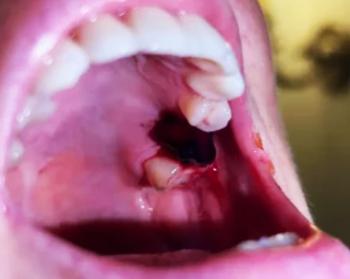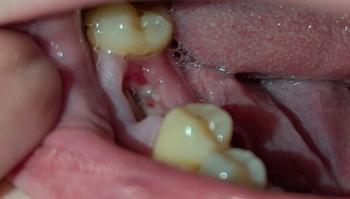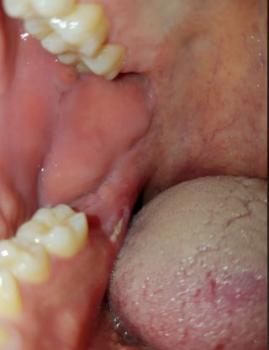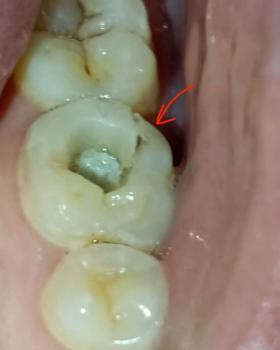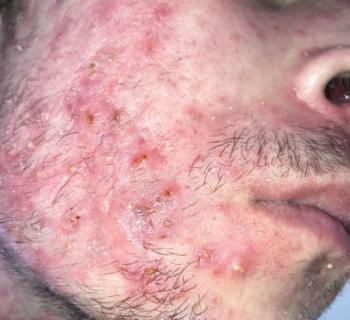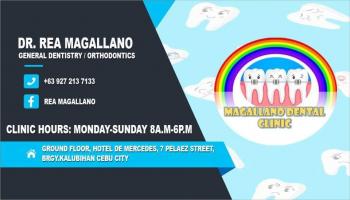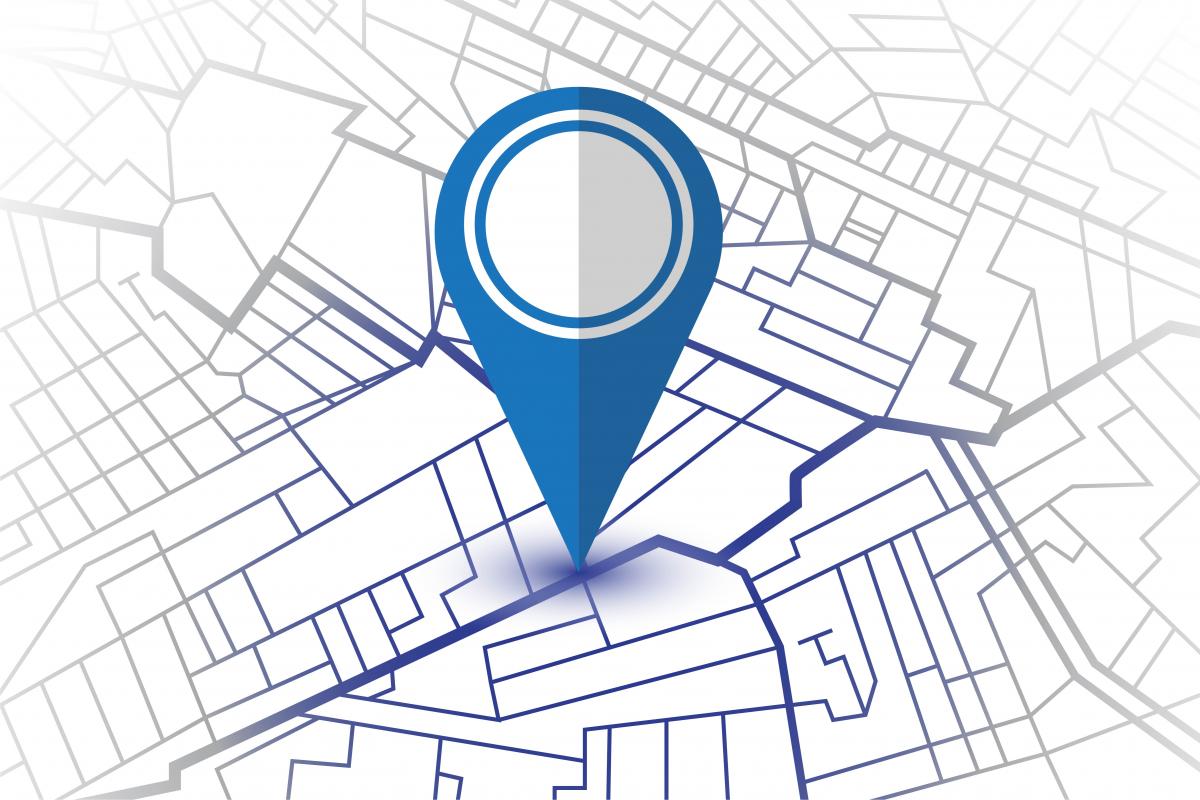We Bring Back the Sparkle in Your Smile.
That Glass of Water Before Bed? A Horrible Idea If You Enjoy Sleep
Language :
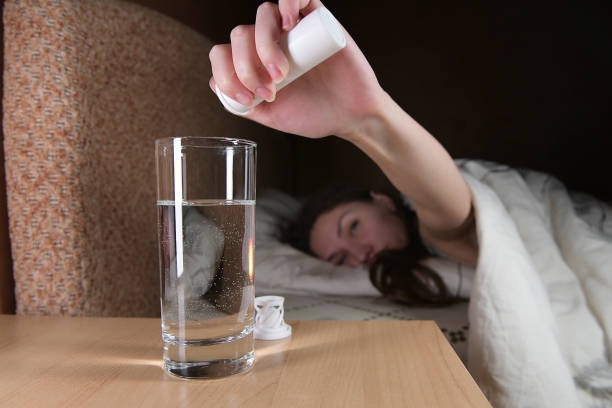
We’ve all heard the advice: drink eight glasses of water a day. But what about that final, chugged glass right before you turn out the light? You’re doing your body a favor, right?
Wrong. If your goal is a solid, uninterrupted night of sleep, that late-night chug is a classic case of good intentions backfiring spectacularly.
Here’s the simple, biological truth: Your kidneys don’t punch a time clock at 9 PM. They keep working, processing whatever you’ve sent their way. Drink a large volume of water before bed, and you’ve essentially scheduled a 2 AM alarm clock for a very urgent, very non-negotiable bathroom trip. That deep, restorative sleep you crave? Shattered.
Sleep is the Non-Negotiable Prize
When you sacrifice sleep for anything, you’re making a bad trade. Fragmented sleep disrupts everything:
-
Hormones: It throws your hunger hormones (ghrelin and leptin) out of whack, making you crave junk food.
-
Immune System: Your body’s defense and repair crews work the night shift; interrupting them leaves you vulnerable.
-
Mood & Cognition: You wake up groggy, irritable, and mentally fuzzy.
-
Metabolism: Chronic poor sleep is linked to weight gain and insulin resistance.
Is it really worth guzzling that glass of water just to trade all that for a trip to the toilet? Not a chance.
The Dental Overnight Shift: How Sleep Heals Your Teeth
Here’s a benefit of deep sleep you probably never considered: it’s prime time for oral repair. While you're asleep, your mouth isn't just resting—it's actively healing.
-
Remineralization Station: Throughout the day, your tooth enamel is under constant attack from acids in food and drink, losing minerals in a process called demineralization. Sleep provides a crucial, uninterrupted window for the reverse. Your saliva (which continues to flow, albeit more slowly) washes over the teeth, delivering a fresh supply of calcium and phosphate to rebuild and strengthen enamel. This natural repair process is fundamental to preventing cavities.
-
The Anti-Inflammatory Effect: Sleep is when your body’s systemic inflammation goes down. Since gum disease (gingivitis and periodontitis) is an inflammatory condition, quality sleep directly helps calm your gums and fight off the bacteria that cause irritation and bleeding.
-
Immune System Patrol: Your immune system is most active during deep sleep, sending out cells to battle the bacteria that lead to plaque and gum disease. Fragment your sleep with a bathroom break, and you’re interrupting this critical nightly patrol, leaving your mouth more vulnerable.
By protecting your sleep, you’re directly investing in a healthier, stronger smile.
The New "Quantum" Finding: It's About When, Not Just If
Now, a fascinating new area of research is adding a deeper layer to our understanding. While it's not about water magically changing states, quantum biology studies how the laws of quantum physics influence biological processes.
Emerging studies in this field suggest that the body’s processes, including hydration, cellular repair, and even the mineral exchange in your teeth, are governed by intricate, timed rhythms. Disrupting these rhythms—like flooding your system with water when it’s trying to enter a deep, repair-focused state—can throw this delicate biological orchestration out of tune.
Think of it this way: your body’s "quantum-level" repair work happens during deep sleep. By waking up to pee, you’re not just interrupting your sleep; you’re potentially halting critical repair processes—from brain detoxification to tooth remineralization—mid-stride. The science is still young, but it reinforces a simple principle: timing is everything.
The Practical Solution: Hydrate Smarter
So, what should you do?
-
Create a Hydration Cut-Off: Aim to stop significant fluid intake 2-3 hours before bedtime. This gives your kidneys ample time to process the liquid and allows you to make a final bathroom trip right before you sleep.
-
Sip, Don't Guzzle: If you’re genuinely thirsty right before bed, it’s okay to take a few sips to wet your throat. Do not down an entire glass.
-
Front-Load Your Day: If you find yourself constantly parched at night, you’re likely dehydrated from the day. The fix is to drink more water in the morning and early afternoon, not to play catch-up at 10 PM.
-
Listen to the Exceptions: Of course, if you’re sick, hungover, or on medications that cause dry mouth, a little more water is necessary. But even then, be strategic and expect a potential nighttime wake-up call.
A small percentage of the population can drink a gallon before bed and sleep like a log. These iron-bladdered individuals are the lucky bastards of the hydration world. The rest of us aren't so fortunate.
The bottom line is this: Your body can easily survive an 8-hour stretch without water. It cannot, however, thrive on chronic sleep disturbance—a disruption that harms everything from your brain to your teeth.
Prioritize sleep. Your body, your brain, and your smile will thank you for it.

